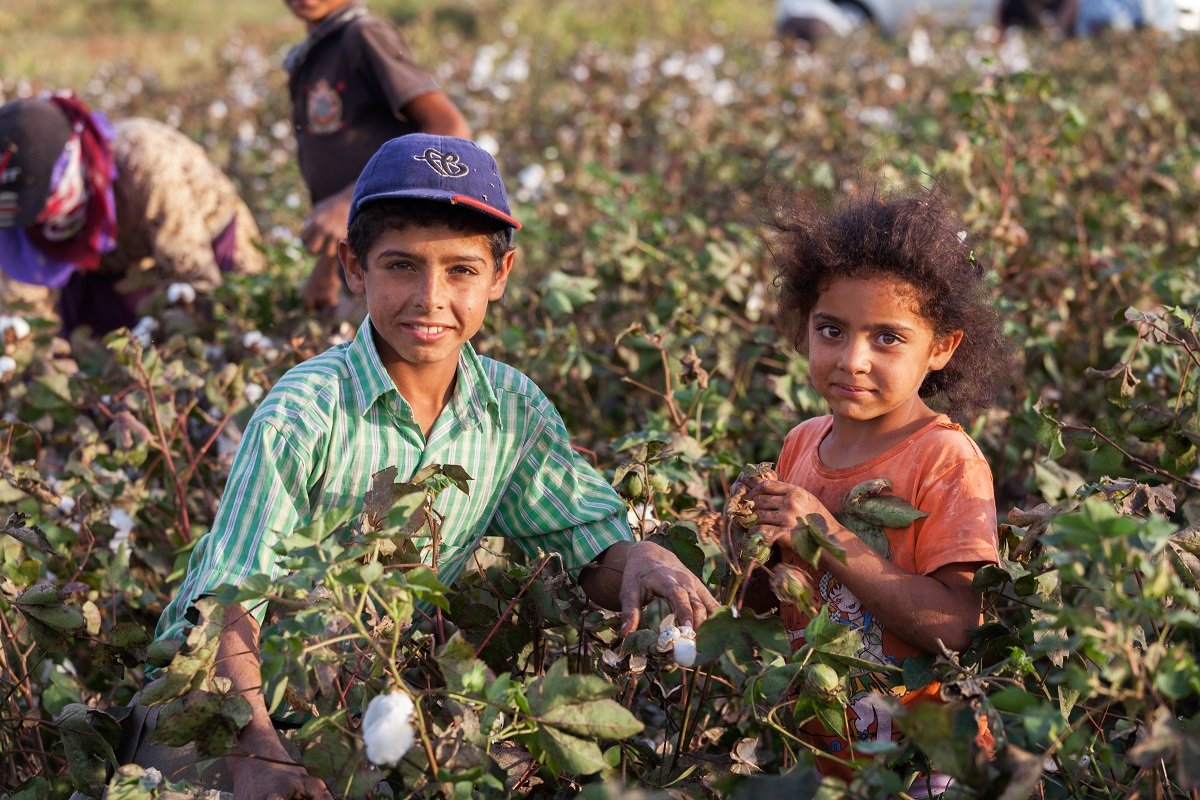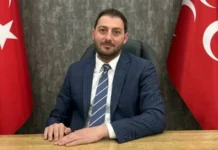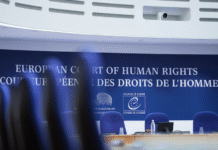
A delegation from the Council of Europe’s (CoE) Committee for the Prevention of Torture and Inhuman or Degrading Treatment or Punishment (CPT) carried out an ad hoc visit to Turkey from February 13 to 22, the CoE announced on its website.
The visit aimed to observe the country’s high-security prisons with a particular focus on the situation of LGBT and female prisoners. The delegation visited six facilities in four provinces.
“The delegation also raised with the relevant authorities certain issues related to the situation of the prisoners currently held at Imralı F-type High-Security Prison, in particular as regards their contact with the outside world,” the CoE said, referring to the detention of Abdullah Öcalan, the leader of the outlawed Kurdistan Workers’ Party (PKK).
The PKK is an armed separatist group designated as a terrorist organization by Turkey and much of the international community. Öcalan is serving an aggravated life sentence on various charges including treason, separatism and terrorism-related offenses.
In recent years Turkish authorities have been denying lawyer and family visits to Öcalan, and pro-Kurdish political and activist groups have been campaigning for the removal of what they call his “isolation.”
The CPT delegation met with Justice Minister Yılmaz Tunç and a number of senior officials.
“At the end of the visit, the delegation presented its preliminary observations to the Turkish authorities,” the CoE said.
Last month the Parliamentary Assembly of the Council of Europe (PACE) adopted a resolution on torture and ill-treatment in places of detention across Europe, noting an increase in alleged incidents reported from Turkey in past years.
PACE said the rise in allegations comes despite the government’s “zero tolerance” message, overshadowing the country’s earlier progress in the area.
PACE also adopted a similar resolution in June of last year, condemning “the systematic or widespread use of torture and other forms of ill-treatment” in countries such as Russia, Azerbaijan and Turkey.
Torture in custody and prisons is a systematic problem in Turkey about which local rights groups, parliamentarians and state authorities receive hundreds of complaints every year.
Although victims can include people detained or imprisoned on any grounds, several documents in recent years have indicated that the practice is more pervasive and systematic when it comes to people detained during demonstrations that include criticism of the government or those targeted on other political grounds such as their alleged ties to political and civil networks not approved of by the government.
Another abuse that has made the headlines in recent years is the systematic and arbitrary strip-searches of detainees and prisoners.














